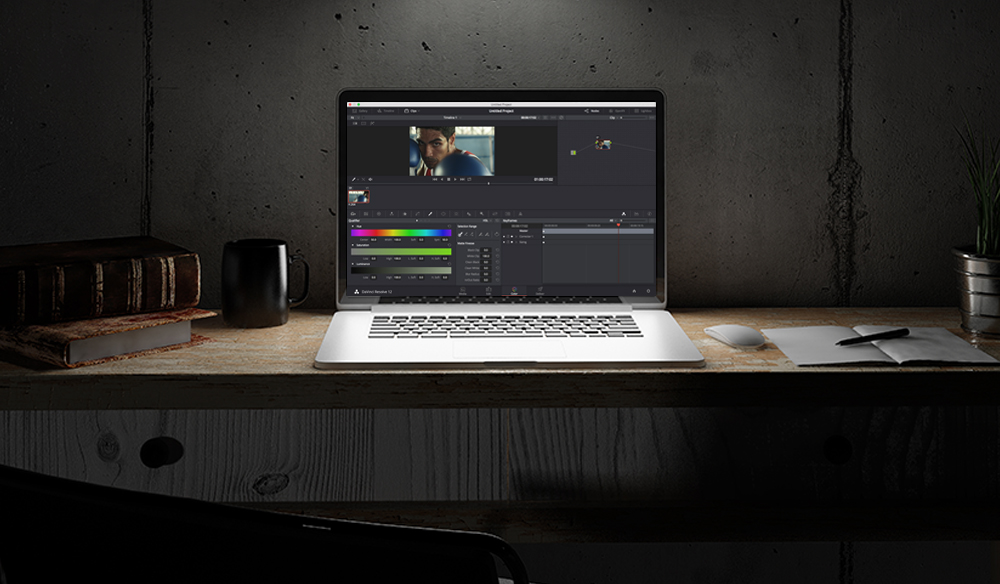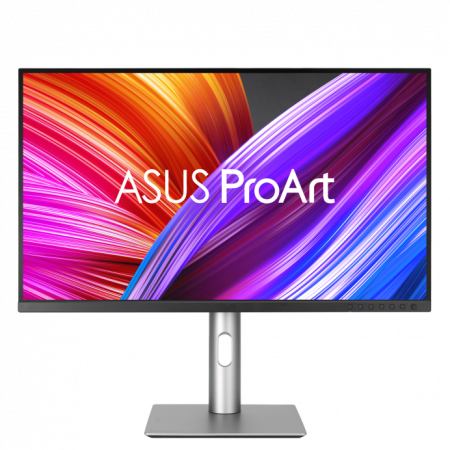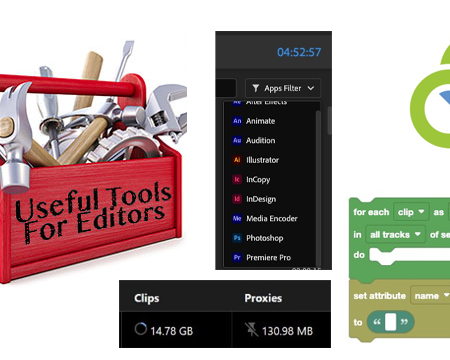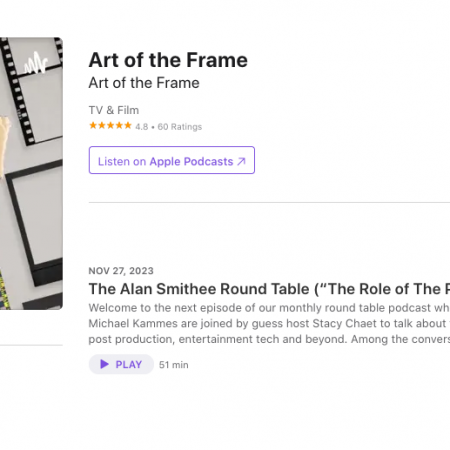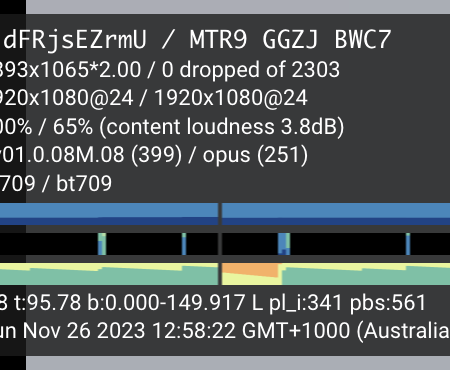If you work in Hollywood or on larger productions anywhere in the US, then you’re probably well aware of the strikes that have brought the industry to a halt.
While not everyone in the post-production landscape is affected, a great many have been, so let’s take a Q&A-style trip through what’s happened, the reasons why, and what the likely outcomes are.
Who exactly is on strike?
While the Writers Guild of America (WGA) has been on strike for 100 days, the Screen Actors Guild — American Federation of Television and Radio Artists (SAG-AFTRA) joining the strike about four weeks ago has made this strike even more significant, and has had world-wide impact.
So what happened first?
The WGA went on strike as they couldn’t come to an agreement during contract renegotiations with the Alliance of Motion Picture and Television Producers (AMPTP). The biggest issue is the small size of residuals paid by writers on streaming productions compared to traditional network TV productions.
How much less money do streaming companies pay writers?
A lot less — think a five-figure check for work on a popular network show, and a three-figure check for work on a popular streaming show. While payments have increased, they’re still way below what networks used to pay, for many reasons. There are typically fewer episodes than on network TV, and payments are based per subscriber, not per show watched — at least partly because streamers don’t share viewing numbers in the same way that networks did. Here’s an explainer.
What else does the WGA want?
There are concerns about the rising use of AI to replace at least some work done by writers, as well as job security and the size of writers’ rooms, which have been shrinking. There’s a whole lot more detail in this great article from Vox.
Why did SAG-AFTRA join the strike?
Similar concerns over residuals are a big part of it, as actors also see far lower payments for streaming than they did for network syndication re-runs. On average, an actor’s income is so low that 86% don’t earn enough in a year to qualify for the union’s health insurance.
And I heard something about AI in relation to actors too?
Yeah, that’s a big one. A proposal from the studios would pay a background actor a single day’s wages to have their face and body scanned, and in exchange, their digital double can then be used in perpetuity by the studios. While clearly this would result in fewer extras being hired, the flow-on effect would mean there are fewer wardrobe and make-up staff needed to dress them, fewer craft services needed to feed them, and so on.
Isn’t this just “progress”?
No, this has the potential to become a much bigger change. If a studio owns a background artist’s complete likeness, this would mean that if they someday become a star in their own right, they wouldn’t then own their own likeness. If digital doubles are good enough to pass for human, this could allow studios to make movies without any actors at all. Coincidentally, this was the plot of Joan Is Awful, the (terrific) first episode of the latest season of Black Mirror.
There have been strikes before, what makes this one different?
There hasn’t been a simultaneous strike of writers and actors in 60 years. It’s entirely possible that the strikes are being used as an excuse to be able to cancel shows the studios couldn’t cancel under normal circumstances, though I couldn’t possibly comment.


